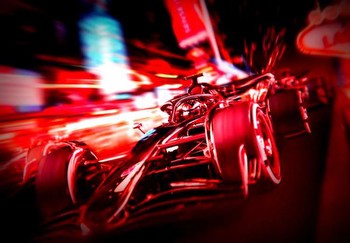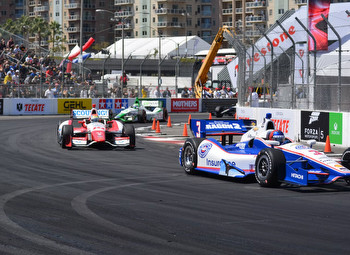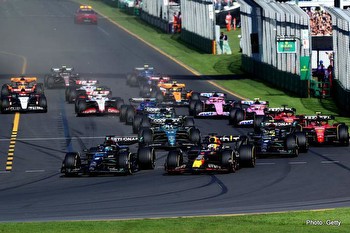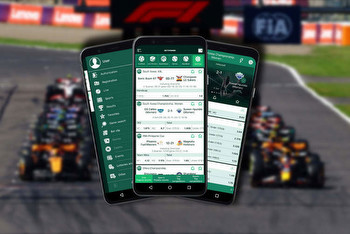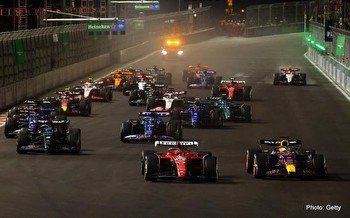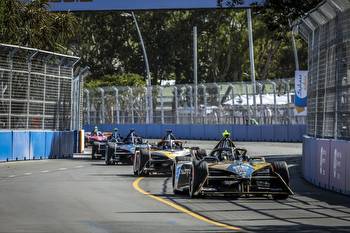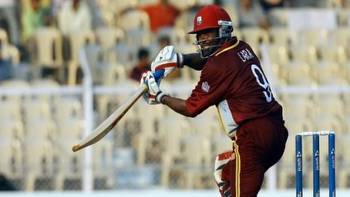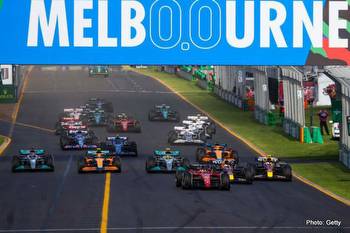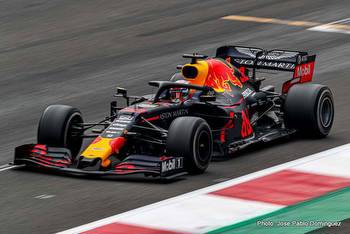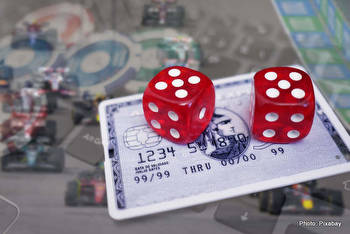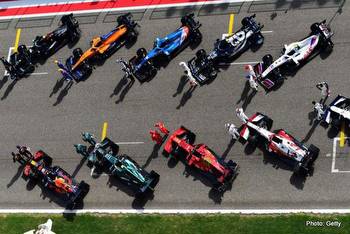The History of F1 and gambling
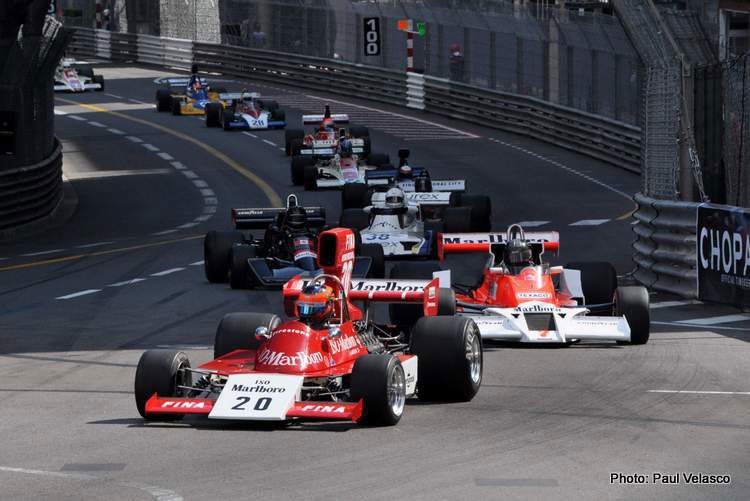
From its earliest days, the sport of Formula 1 was about one thing, and one thing only – speed, the pinnacle of the sport has always pushed the boundaries of what is physically possible.
Whether it’s breaking lap records or achieving new levels of performance and technology. Over the decades, it turned into a high-stakes global phenomenon, with tracks in exotic locations, and charismatic drivers that became brand ambassadors.
But during the 60s, F1 saw another trend – betting. Fans weren’t just interested in watching the race, they also wanted to put money on their favourite drivers and teams.
Betting has been intertwined with the earliest days of motorsport, with spectators engaging in wagers on race outcomes as part of the sport’s fabric. Historically, gambling has been a part of many sports, and car racing was no exception.
As the sport evolved, so did the betting practices, eventually becoming more organized and sophisticated. Today, betting in Formula 1 and other motorsports encompasses a wide range of options, from predicting race winners and podium finishes to forecasting qualifiers and lap times, fully integrating with the digital day and age.
The Beginning of it All
Cars alone won’t go fast. Maybe one day, when we get to that point in technology. For now, and for the last 100 years, if you wanted cars to go fast, someone had to drive them fast. So, not surprisingly, drivers have always played a central role in Formula 1.
From the pioneers of the early years to the modern-day superstars, talented individuals were always at the heart of this sport. And when you combine a talented driver, a fast car, and a dangerous track like that in Monaco, you spark betting interest.
That’s exactly what happened during the first Monaco Grand Prix. The glamour associated with Monte Carlo, and the developed casino and gambling culture, resulted in sparking a real interest from bettors.
The race itself wasn’t particularly exciting, as only 7 out of the 16 cars finished. But the betting element added an extra layer of excitement for fans and added a whole new avenue for the sport.
In the early days of F1 betting, wagering was a relatively simple affair compared to systems of odds, bets, and predictions we see today. Back then, fans would typically place bets on their favorite driver or the car they believed had the best chance of winning, often based on brand loyalty or the driver’s reputation.
These informal bets were primarily made among friends or through local bookies, as the concept of sports betting was not as regulated or widespread as it has become. Additionally, the technological limitations of the time meant that information was not as readily available, so bettors relied heavily on newspapers and word-of-mouth for insights.
This era laid the foundation for the complex world of F1 betting, marking the beginning of a relationship between the sport and its fans that extended beyond mere spectating.
Formula 1 Betting and Gambling Today
Betting aside, Formula 1, with its high-speed action and global fanbase, has significantly influenced the gambling industry, primarily inspiring a variety of F1-themed slot games. These games, known for their simple game mechanics, attract both racing enthusiasts and gamblers alike.
As the digital gambling industry evolves, it’s in constant need of fresh games and themes, so F1 being a global phenomenon was not an unusual choice. This also translated with innovative gambling formats, like sweepstakes casinos which have capitalized on the popularity of F1-themed games, offering a legal and engaging way for fans to experience the race through casino-style gameplay.
In fact, one of the leading casinos, Stake, who also operate a sweepstakes casino, have their own Kick Sauber F1 Team competing in 2024! Moreover, with the rise of online sports betting, Formula 1 has become a popular choice for bettors worldwide.
The introduction of live betting, which allows gamblers to place bets during the race, has only increased the excitement and engagement surrounding F1 races.
On top of that, high-profile gambling brands have increasingly become visible in the F1 industry, sponsoring teams and races to leverage the sport’s global viewership. Formula 1, known for its affluent and loyal fan base, presents a lucrative platform for these companies.
Despite some criticism, it cannot be denied that the two industries have a strong connection that only continues to grow. Remember to bet responsively, for entertainment and within your means.









